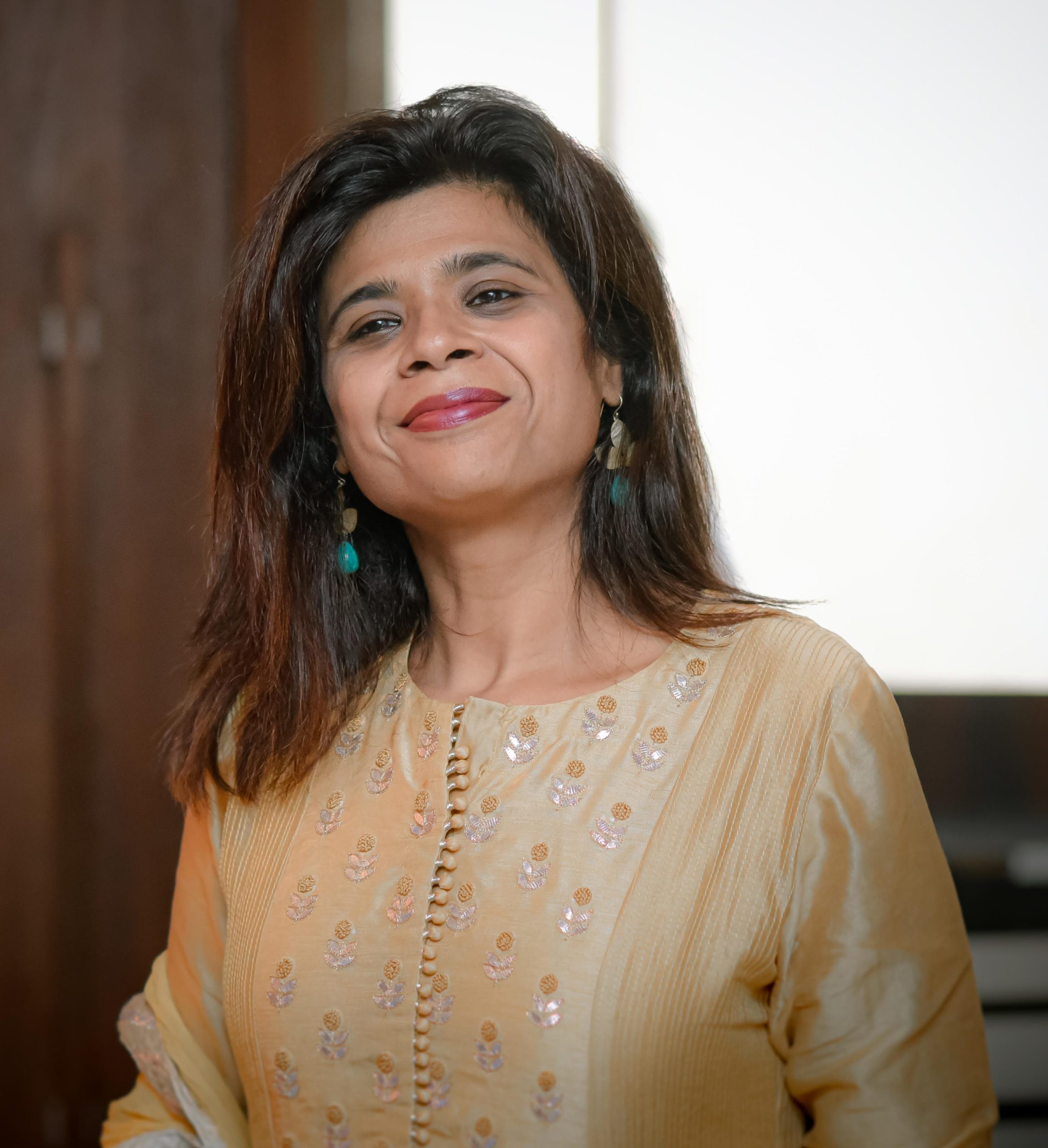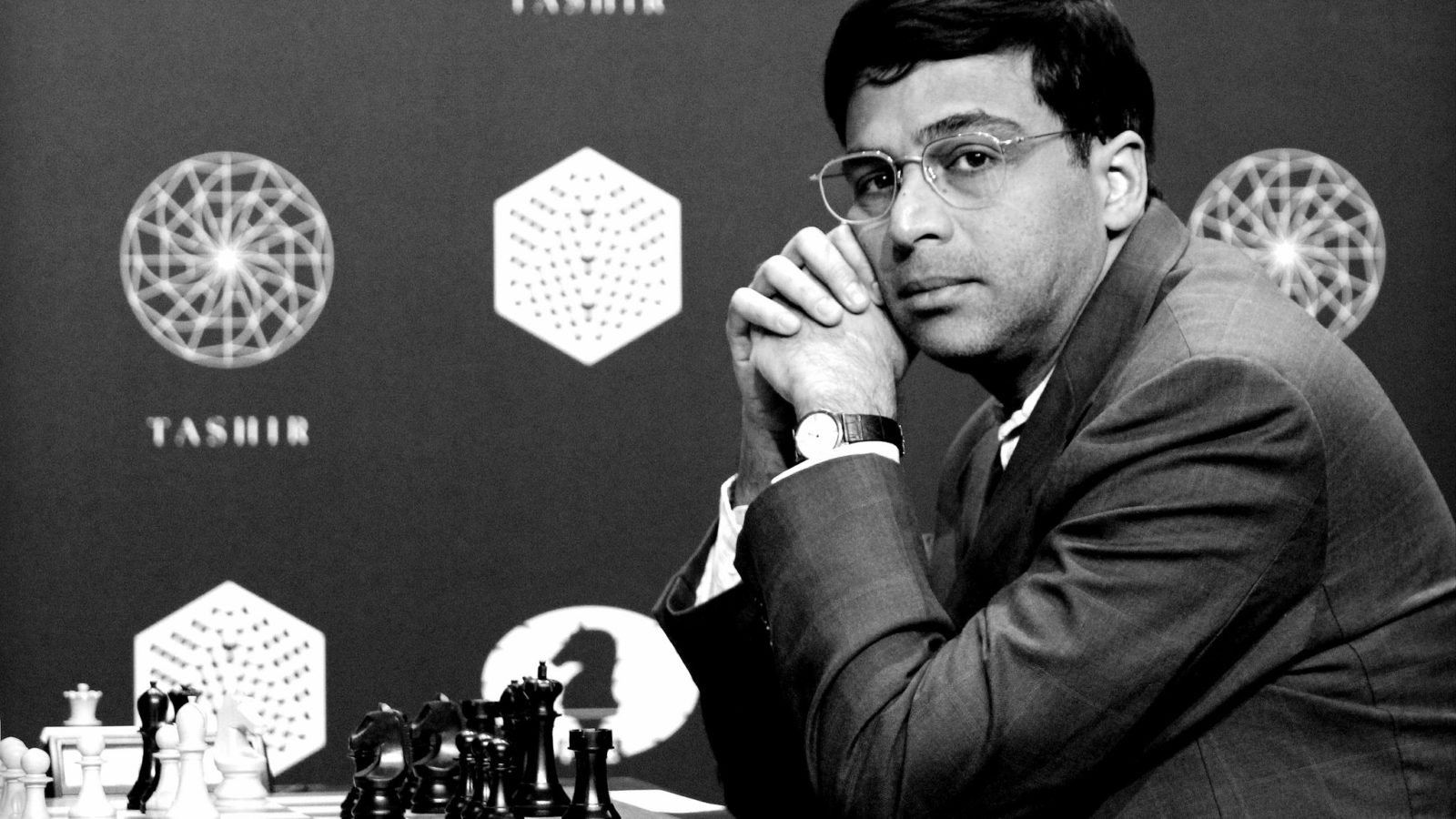Viswanathan “Vishy” Anand remembers this vividly. The year was 2014. As part of the qualification cycle for the World Chess Championship, he was participating in the Candidates Tournament in Russia.
It had barely been a year since he had lost the world champion title he had successfully defended over a decade. “I was as low as could be… I briefly hesitated about whether I wanted to even compete again,” he tells Thrive Global India. It didn’t help that the betting markets had the odds stacked against him. “Lots of chess players had placed me as the least likely to win the tournament,” he says wryly.
But India’s master of firsts—grandmaster, world champion, Khel Ratna awardee (the highest sporting honour conferred by the government)—found his way out of this by reminding himself that “in a couple of years, I may not be able to play anymore”. He reset his goals, went in with minimal expectations and, when he won, the victory was all the sweeter for it. “You enjoy it [the win] very quickly, but then move on,” he points out during an hour-long chat at his Chennai home, snapshots of which you can see in the video below.
Anand doesn’t hide the vulnerability sports persons feel at the highest level. On the contrary, he denies any notion of invincibility when I ask him about his trademark calmness. “I look very calm but there’s a battle inside,” he says. His approach of fighting the conflict has been shaped by three decades of playing the game: “Life experiences have taught me that there is no failure that bad and there is no success that keeps you happy for that long. Once you see that broader picture, you can let go.”
The ability to accept change also explains the longevity of his career: As does his belief in the age-old Indian wisdom of fatalism, he smiles. “A clear difference with Americans, who are very optimistic, is our in-built fatalism. Which probably works to our advantage. The ability to take blows and make sense of it… I have had that all my life. If something was within my grasp and I didn’t get it, I could still make sense of it.”
Setbacks have the power to halt careers, triggering irrevocable self-doubt. But the lesson to be learnt from Anand is to not dwell on the last bad move. “Whatever went before, the only position you have is on the board in front of you.”
And that’s the move he focuses on playing.
And that has been his strength.
Vishy and his phone philosophy
“Let’s face it, they’ve made the phone very addictive. But there are some tricks I have. I leave my phone in my work room and check it every half hour to 45 minutes… at least you get those breaks. When it’s in your hand, it’s a destructive habit… constantly pressing the refresh button. At night, I have it on airplane mode. Or switched off.”
For more from the interview, watch this


